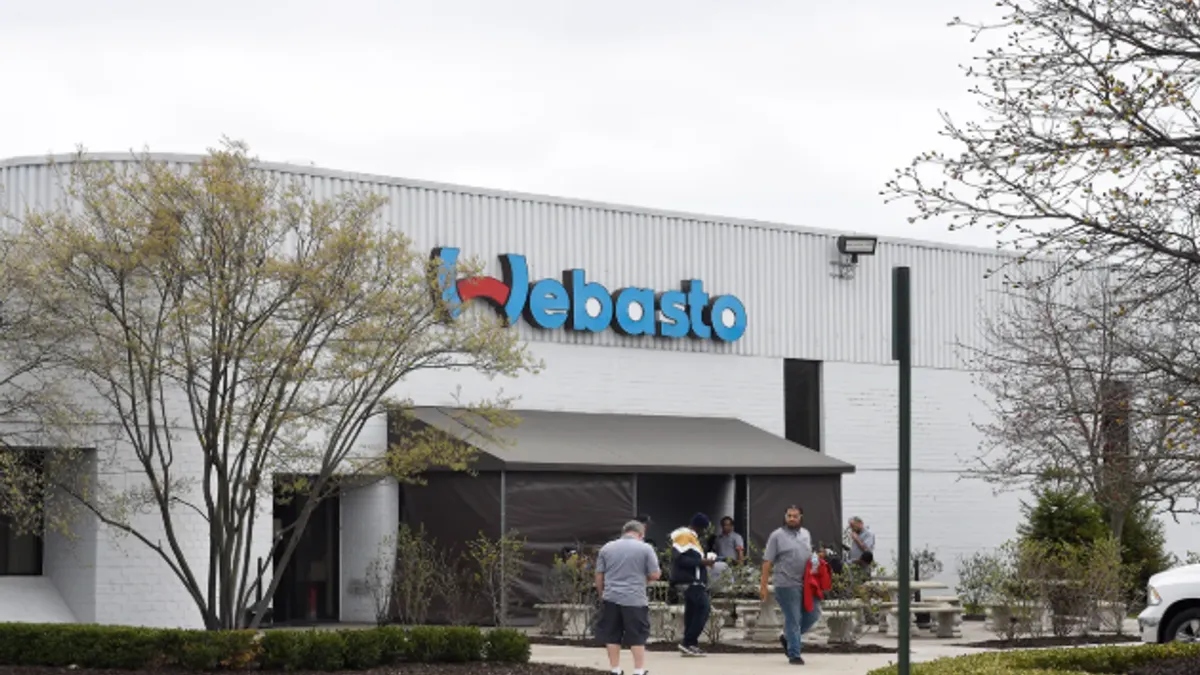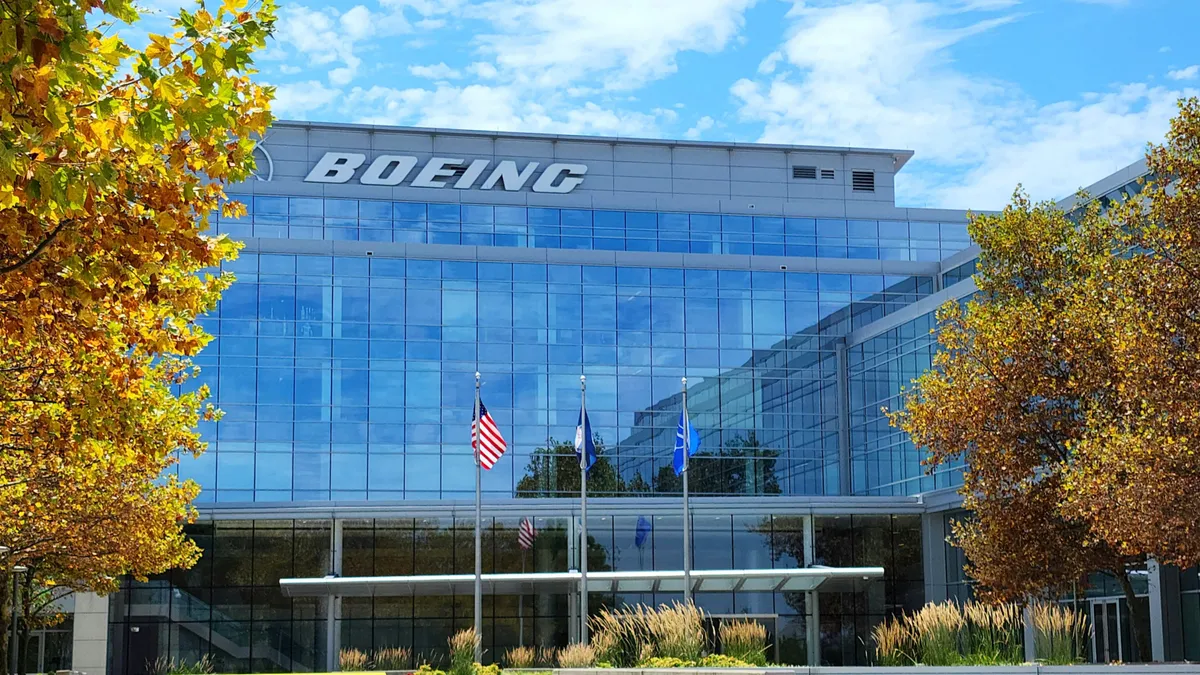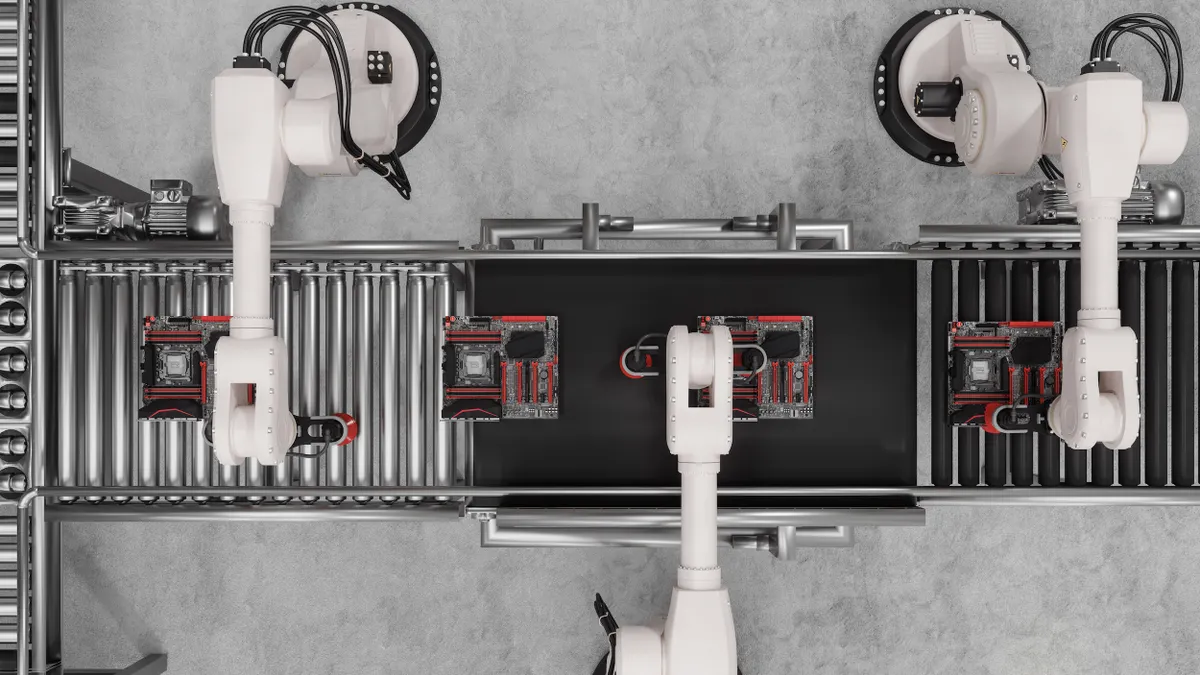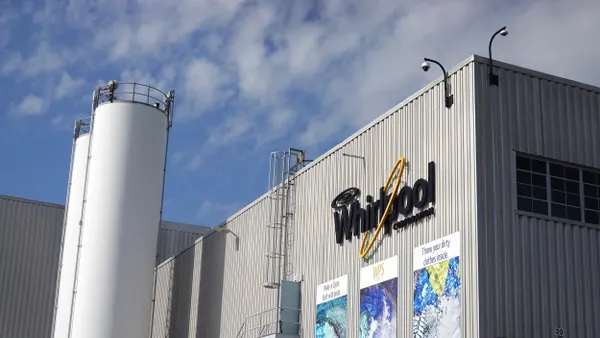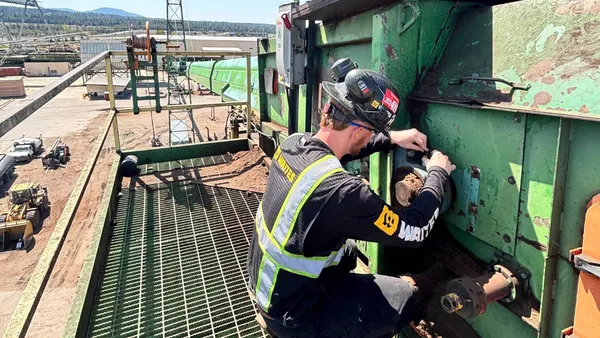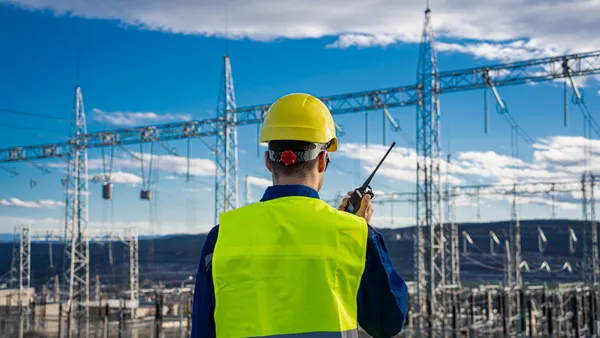Dive Brief:
- Auto supplier Webasto will close its Rochester Hills, Michigan, plant, and lay off 244 workers, according to a Dec. 18 Worker Adjustment and Retraining Notification Act notice.
- The job cuts will start on Feb. 21 and have a “slow reduction” through July.
- The Webasto plant produces an average of 200,000 panoramic roofs a year, largely for the truck business, according to its website. A company spokesperson said the current programs produced in Rochester Hills will move to other Webasto locations within the Americas region, which consists of 10 sites.
Dive Insight:
Webasto launched a “broad-based program” at the beginning of 2024 to improve its business results, according to an emailed company statement. The supplier performed an analysis of the Americas region production network and found “it does not make economic sense for Webasto to continue operating the Rochester Hills plant, which was established in 1974,” the statement said.
“It is the oldest plant from a technological perspective in the Americas region,” according to the statement. “A significant investment would be required to continue manufacturing roof systems at this location at competitive prices.”
The company, a subsidiary of Germany’s Webasto Group, began operating in the U.S. as a single panel roof manufacturer, according to its website. Webasto supplies major automakers such as Ford Motor Co., Chrysler and General Motors.
Webasto has other plants in the Detroit area, including Plymouth and New Hudson, where the auto supplier also announced layoffs last year. More than 150 employees were cut at its Plymouth plant on Nov. 1 and 62 workers were laid off from its New Hudson plant four days later. Both notices stated that the “layoffs are a direct result of a reduction in production, which is outside the control of Webasto.”
In 2022, the company began prioritizing its roofing and electrification business segments, including batteries and thermo management solutions.
"As part of the expansion of our product portfolio towards electromobility and in anticipation of continuous strong growth, Webasto had built up structures in recent years which we now had to put to the test. This was particularly necessary because global conditions had deteriorated and the economy had clouded over considerably,” Webasto Group CEO Holger Engelmann said in a July 29 press release on the restructuring moves.
Webasto’s restructuring comes after it experienced a weak financial year in 2023, according to the release.
The supplier’s CEO said it’s paying particular attention to “reducing direct and indirect costs, improving the performance and efficiency of the plants worldwide and increasing the profitability of customer projects.”
“The overarching goal of these coordinated measures is to further our ability to invest in innovative vehicle technologies, even under difficult conditions,” Engelmann said.



